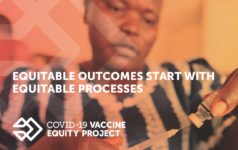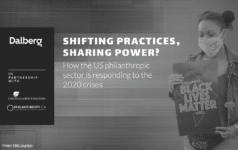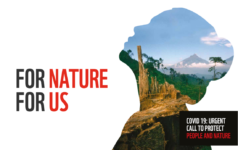Dalberg uses cookies and related technologies to improve the way the site functions. A cookie is a text file that is stored on your device. We use these text files for functionality such as to analyze our traffic or to personalize content. You can easily control how we use cookies on your device by adjusting the settings below, and you may also change those settings at any time by visiting our privacy policy page.
The Sustainable Development Goals are increasingly on the agenda for businesses and investors, both as a responsibility and an opportunity.
In September 2015, all member states of the United Nations signed up to the Sustainable Development Goals (SDGs). There is broad consensus that today’s economic growth model is environmentally and socially unsustainable. The 17 goals that constitute the SDGs capture a vision for an alternative pathway for growth that is sustainable by being environmentally secure, more economically dynamic, and more inclusive and fair in the way the benefits of that growth are shared.
$2.5tr per year: the annual investment gap to meet the Sustainable Development Goals by 2030.
By denoting 17 goals and 169 targets, the SDGs are also an organising framework that is important in two ways. Firstly, they signpost where a lot of activity and investment is likely to be, and needs to be, directed. Secondly, they have created a shared language between the private sector and a diverse range of other actors that have traditionally been in the lead in the development agenda.
This is key because there is a substantial funding gap of ~$2.5trn or more per year to hit the SDG targets by 2030, and the resources and expertise of the private sector are increasingly being recognised as critical.
There has also been a growing recognition from businesses and private investors that they have an important responsibility in driving sustainable and inclusive growth, recently well captured by Larry Fink, the CEO of BlackRock, in his letter to CEOs; the advent of the SDGs has further supported this trend. But beyond this, there is a growing commercial imperative.
Many of these gaps can be viewed as sizeable untapped market opportunities. This, combined with a common language that is emerging around the 17 goals and associated measures, creates – potentially – an unprecedented opportunity for the private sector to work with government, development institutions and other actors to pursue these goals and create value.
















